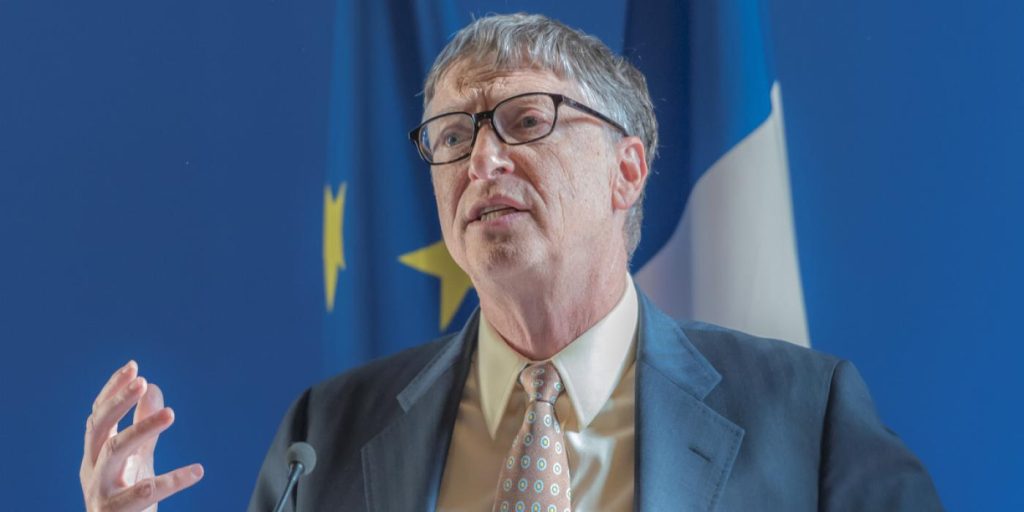To help him socialize, they sent him to therapy.
Others are reading now
Bill Gates has spent the last 25 years focusing on philanthropy and investing in innovative startups.
As one of the most influential figures in technology and global health, he continues to shape conversations on science, policy, and economics.
In a recent interview with The Wall Street Journal, he shared personal insights about his upbringing, his thoughts on government efficiency, and the evolving relationship between the United States and China.
He also addressed past connections that have raised questions.
Also read
Had Trouble Socializing
In his upcoming memoir, Source Code: My Beginnings, set to be released next month, Gates explores his childhood and early years at Microsoft.
Reflecting on his youth, he believes that if he were growing up today, he would likely be diagnosed with autism.
He recalled having deep focus on subjects like math and science, which became a strength later in life but initially concerned his parents.
To help him socialize, they sent him to therapy and to a school where he met Paul Allen, the future co-founder of Microsoft, according to Digi24.
Beyond personal stories, Gates also spoke about his recent three-hour dinner with Donald Trump, saying he was “impressed” by the president’s interest in global issues.
He supports Trump’s initiative to reduce federal spending through a new Government Efficiency Department, led by Elon Musk.
While agreeing that budget cuts are necessary, he cautioned against eliminating programs with long-term benefits, such as funding for HIV treatment.
Regarding U.S.-China relations, Gates stressed the importance of cooperation between the two superpowers.
He argued that collaboration is essential for tackling global issues, from climate change to disease prevention.
He also warned that there is a 10-15% chance of another pandemic within the next four years, stating that the world is still not fully prepared.
The interview also touched on his past association with Jeffrey Epstein. Gates acknowledged that meeting with Epstein was a “huge mistake” and said he had been misled into believing the financier could contribute to global health initiatives.
Looking back, he admitted he was “played” and has since become far more cautious about his connections.


